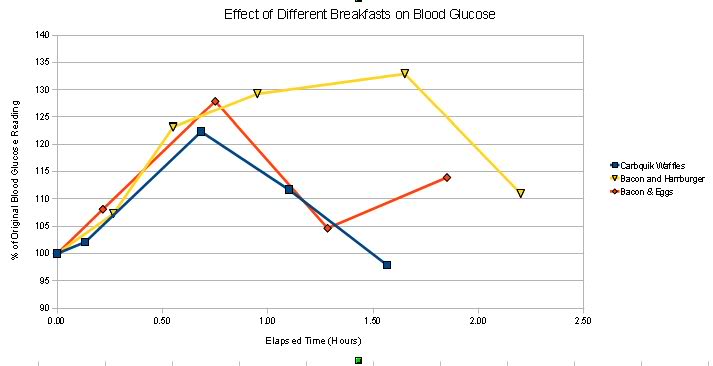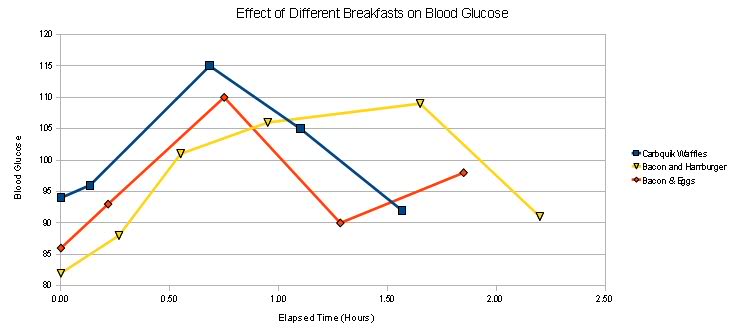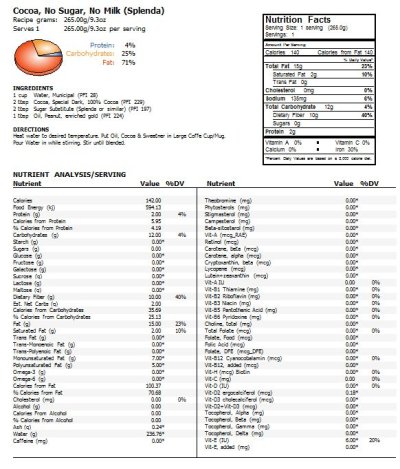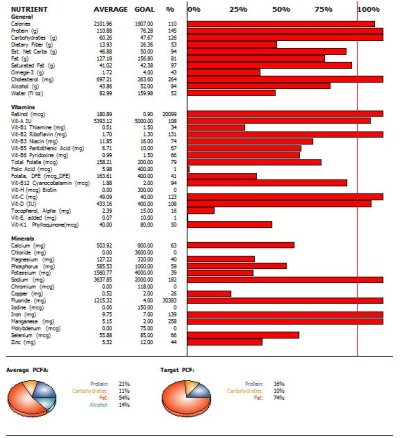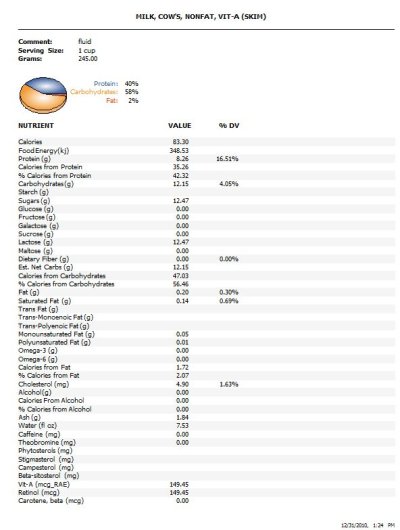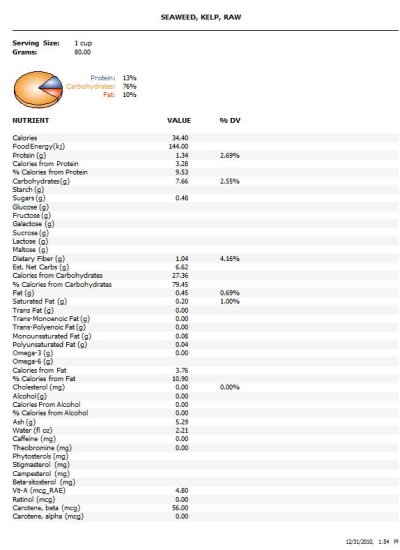TromboneAl
Give me a museum and I'll fill it. (Picasso) Give me a forum ...
- Joined
- Jun 30, 2006
- Messages
- 12,880
Yes, netrition.com for CarbQuik. Netrition seems to be a good company. They have a flat rate $4.95 shipping charge, so if you order a lot at once, it's a good deal.
I have to say that low carbing has not worked as well for Lena as for me. In spite of the fact that we eat the same stuff, she's had a lot more fluctuations in weight, and not as much loss. She just doesn't get the same hunger suppression that I do.
So, results certainly are different for different people, and it's a complicated issue.
I like the liquid splenda and erythritol. Many people report that one only notices the aftertaste in splenda when you first start using it.
I did some experimenting with eating different foods, and measuring changes in blood sugar, but got inconsistent results, which I chalked up to meter and general variability. It's not worth all the finger pricks.
BTW you can get a free glucose meter here. They make their money on the test strips, so the meters are generally free.
The consensus on the lowcarbfriends forum is that Dreamfields works very well. I find that it tastes great.
I have to say that low carbing has not worked as well for Lena as for me. In spite of the fact that we eat the same stuff, she's had a lot more fluctuations in weight, and not as much loss. She just doesn't get the same hunger suppression that I do.
So, results certainly are different for different people, and it's a complicated issue.
I like the liquid splenda and erythritol. Many people report that one only notices the aftertaste in splenda when you first start using it.
I did some experimenting with eating different foods, and measuring changes in blood sugar, but got inconsistent results, which I chalked up to meter and general variability. It's not worth all the finger pricks.
BTW you can get a free glucose meter here. They make their money on the test strips, so the meters are generally free.
The consensus on the lowcarbfriends forum is that Dreamfields works very well. I find that it tastes great.

